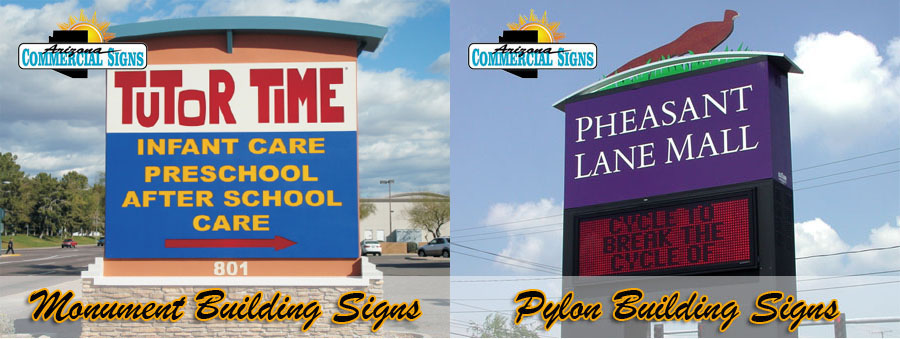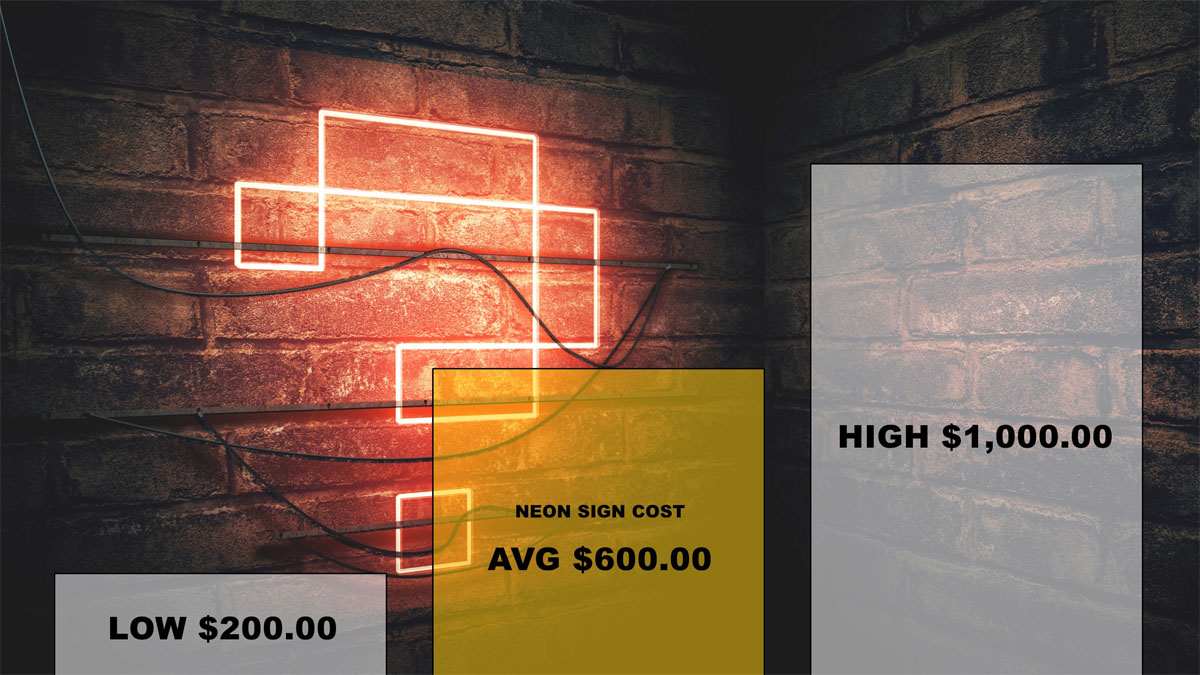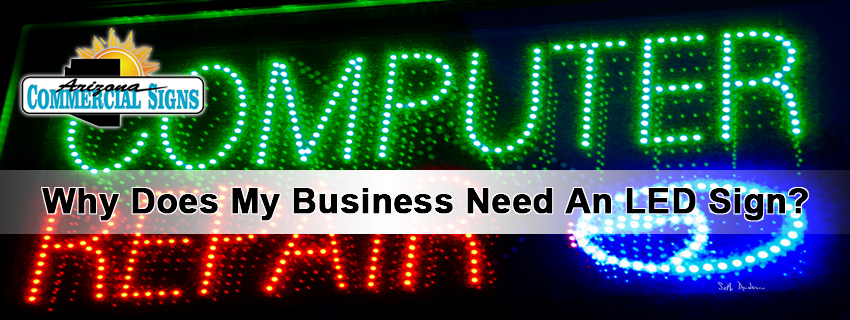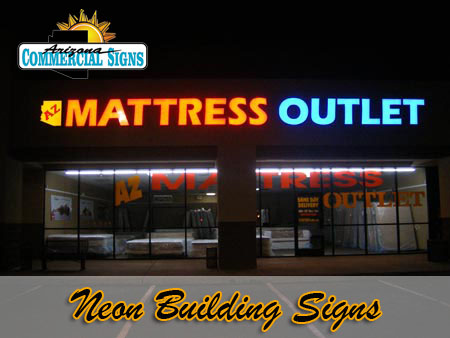Choosing Business Signage
Your business’s sign will serve as its identity, allowing it to stand out in an increasingly competitive market. To effectively communicate your business’s personality and capture the viewer’s attention in an instant, the sign must be more than an attractively designed logo and a clever slogan; a successful sign is a complex synthesis of various elements such as marketing, demographics, and visual appeal. What complicates the task of creating visually appealing signage is the fact that everyone is on the move, which means your sign must be instantly visible, recognizable, and understandable to people on the move.
Signage Creates An Outstanding First Impression
First impressions are frequently difficult to change, and your signage will be the first point of contact for prospective customers with your business. If your venture fails to capture people’s attention, regardless of how remarkable your products or services are, it will fail. Therefore, investing in professional signage design will help you establish a strong market presence for your business. Professional signage graphic designers are familiar with the complexities of marketing and what it takes to capture the attention of passersby and convert them into prospective customers.
All globally recognized chains began as any other business would, with a focus on product quality, service, and cultivating a recognizable market presence through strategic marketing that set them apart from the competition. This is the type of success that your business can achieve if sufficient investment is made to establish an effective market presence from the start.
An effective sign must inform onlookers of your business’s core purpose and tell your story even before the customer enters your establishment.
What Qualifies As An Effective Business Sign?
The effectiveness of a sign in introducing your business to potential customers is highly dependent on how visible, prominent, readable, and understandable it is to people rushing to the bus stop or driving by. If it is visually appealing enough to hold people’s attention, it has done its job. The following elements will be prioritized by a professional designer when creating an effective sign for your business.
The Sign’s Location
The location of your establishment also plays a significant role in determining the sign’s placement. If you are located in a location where your customers will have difficulty spotting your sign from a distance, you may want to consider relocating for increased exposure. According to leading studies, signs mounted perpendicular to the roadway have the best visibility, and those mounted on parallel buildings to the roadway must be at least 70% larger than those mounted perpendicular to capture a driver’s attention as they drive by. Any signs placed alongside a major highway or road should be visually appealing, with minimal written content; always assume that motorists will not stop to read.
The Sign’s Dimensions
Moving forward, we’ll assume that your sign is visible from a distance and concentrate on the font size of the written content to ensure that your message is legible.
According to expert recommendations, your sign’s letters should be at least an inch tall for every 25 feet of distance, so they can be easily read by passing motorists. For instance, if our establishment is 300 feet from the main road, your sign should have letters that are at least 12 inches tall. If your sign uses a difficult-to-read font, the minimum size of the letters must be increased to make the content legible.
Consider how small your sign can be while still being readable. Each letter will take up one square foot. A sign located 410 feet away with 18-letter content will require at least 25 square feet for the content alone and an additional 35% – 40% of empty space to ensure maximum clarity. At this distance, this is the smallest size you should consider for a sign without logos and with legible, clear text mounted perpendicular to the road.
However, many businesses will be dissatisfied with a plain sign devoid of graphics. The style of the letters, the recognizability of the logos and designs, the lighting technique, and the color composition all contribute to the sign’s visibility, even if the font used is difficult to read.
The Sign’s Height
After determining the location and size of your sign, you must consider the sign’s mounting height. The further the sign is from the road, the higher it must be to be visible to motorists. If your establishment is adjacent to a freeway, the sign must be elevated sufficiently to be visible from a great distance; however, if you are located in a business district, the sign only needs to be elevated sufficiently to avoid being obscured by moving and parked vehicles.
The length of the written content on your sign will generally dictate its dimensions, but assuming your sign meets the minimum size and height requirements and is mounted perpendicular to the road approximately 5 to 10 feet from the closest edge of the public right-of-way, the bottom of the sign should be at least 7 feet above the ground to avoid being obscured by dormant and moving vehicles.
The Sign Is Illuminated
After the sign’s size, location, and height have been determined, another critical factor to consider is the lighting. Proper lighting will ensure that your sign is visible day and night, in all types of weather. A well-lit sign is easier to read from moving vehicles, providing continuous advertising for your business. Proper signage lighting will bolster your business’s market presence by serving as a constant reminder to passersby, even when you’re closed.
If you’re considering lighting your sign, you can take one of three basic approaches or a combination of them: 1) lamps can be installed at the sign’s base and oriented to shine on its face; 2) lighting can be installed internally, shining through the sign’s face from the back, illuminating it from within; and 3) lighting elements such as LEDs, neon tubing, and exposed bulbs can also be used to illuminate the sign. With modern technological advancements, we now have access to a wide variety of cost-effective, energy-efficient lighting fixtures that are simple to install and maintain.
It is recommended that you match the lighting on your sign to the color scheme of your business establishment or your advertising and print media to create a balanced and unified appearance. Not all lighting fixtures accurately display colors; therefore, if an accurate representation of your business’s colors is critical, lighting fixtures with a high CRI (Color Rendering Index) rating should be considered.
A well-lit sign must be bright enough to compete with other businesses’ signs, but not so bright that it becomes obtrusive. Numerous cities in the United States have enacted legislation establishing brightness limits for street signs; therefore, before designing your sign, check with local planning and development authorities to ascertain what those limits may be.
Benefits of Business Signs
Signs are one of the most cost-effective ways to market your business. It has been proven that business signage can be less expensive that radio, TV or newspaper ads and more effective than all three according to the SBA (Small Business Association).
Whichever style of sign you choose, you can trust Arizona Commercial Signs for all the help you need along the way. We are your go-to signage and graphics resource and can help with Site assessment, Sign Design, sign permits and the installation of the sign itself.
Are you ready to talk signage with us? Schedule a free consultation with Arizona Commercial Signs by calling us directly at 480 921-9900 or fill out our contact form. We can’t wait to fabricate the signage your business requires!









